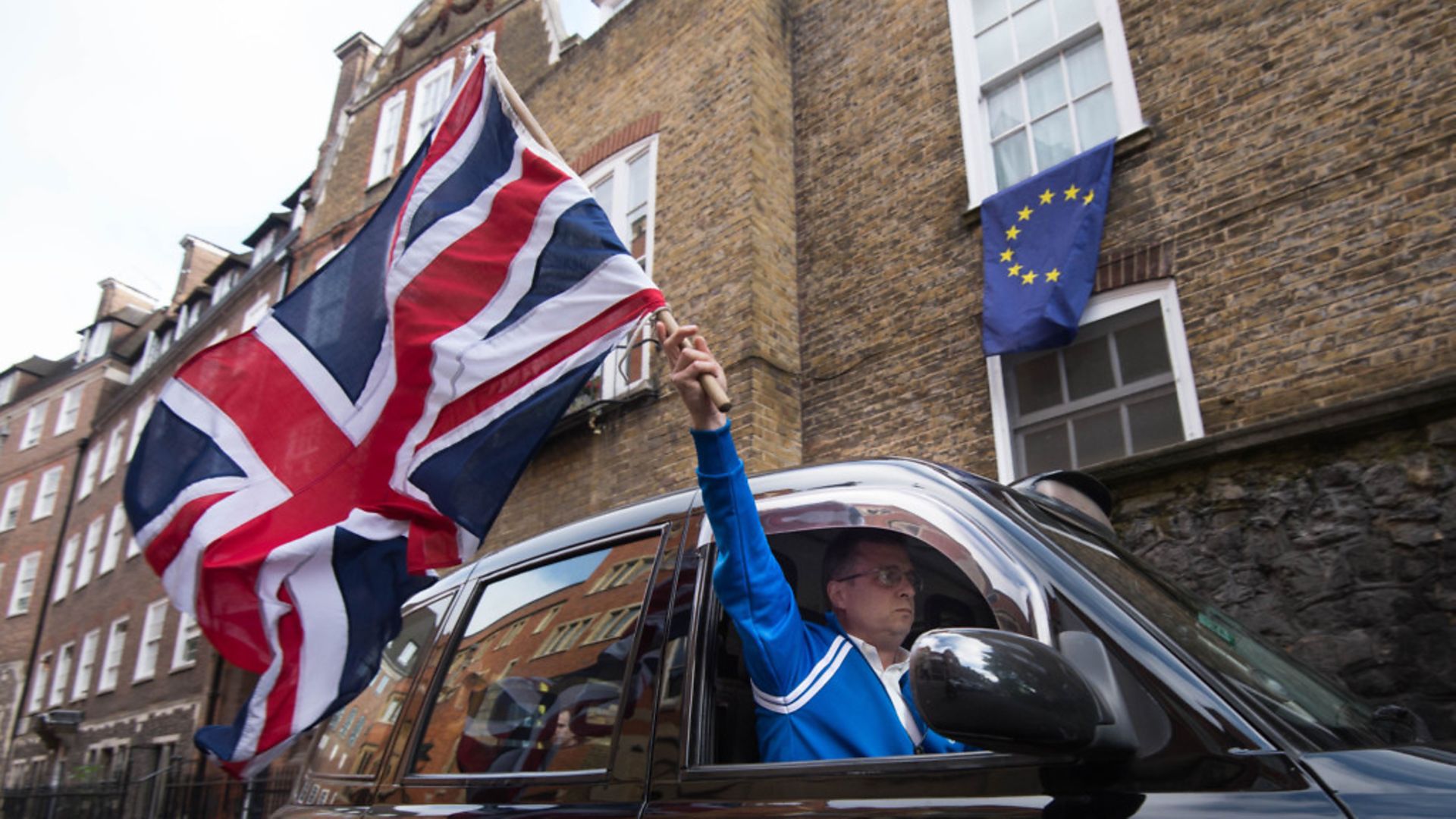We’ve lived with the polarisation of politics for so long that it’s easy to forget the literal meaning of the metaphor. If you sprinkle iron filings over a bar magnet, it’s not just that some cluster around opposite ends of the bar: every filing is forced to point towards one polarity or the other. The poles define the space in between.
When we speak of polarisation in politics, then, we’re not only talking about angry factionalism between politicians (known as “elite polarisation”) but so-called “affective polarisation”, where people get angry about everything, and all political divisions become tribal. Different segments of the community, in which you would normally find a diverse set of opinions and loyalties, stop talking and begin to despise each other.
When US political scientists first noted polarisation between liberals and conservatives in the 1990s, they saw it as a glitch to be overcome through demographic change. Now it feels like an intensifying force that is tearing democracy apart in countries as different as America and Brazil, India and France.
In Britain, we entered the acute phase of polarisation in 2016, with the Brexit referendum (though Scotland had entered it during the Indyref campaign two years before). And whatever cheery news the polls bring for Keir Starmer, they do not tell a story of depolarisation.
Remain versus Leave, liberal versus authoritarian, educated versus unskilled and city versus town are parameters that still map fairly clearly on to one another. That’s why, even in the depths of Partygate, there are still 32% of Brits who would vote for Boris Johnson as prime minister tomorrow.
The only good thing, for now, is that polarisation seems to have plateaued short of American levels – in part because there is not yet an extreme-right billionaire alliance wielding its lobbying power and media outlets.
But how would you depolarise a civil society? And what would a de-polarised political space look like?
In December, the prestigious American journal Proceedings of the National Academy of Sciences (PNAS) devoted a special issue to this question. It asked sociologists to form research teams with specialists in complex systems theory to come up with models more sophisticated than a magnet and some iron filings.
Systems theory gives us tools to study complex and chaotic processes, with chance interactions, sudden and enormous changes, spontaneously emerging shocks and feedback loops. As computing power has developed, it has taken centre stage, for example, in the study of climate change.
And just as no systems theorist would be surprised by the sudden collapse of a glacier, or even an entire ecosystem, the authors warn that democratic systems can “decay, backslide and even die”. The real question, they say, is whether political polarisation can be reversed, or whether we have passed the point of no return.
Taking the US as the textbook case study, Samuel Wang and his co-authors list the factors driving polarisation.
First, institutions designed for a white, male, slave-owning electorate of four million, in 1789, cannot contain today’s struggles over race, class, gender and culture. Second, civil society has been scoured of its “rich associational life” – the trade unions and churches that once brought different people together. Third, the decades have massively increased the presence, rights and voice of ethnic minorities and women.
We didn’t need systems theory to tell us this, but it gives us a model of how these problems interact. Systems theory tells us that when something complex – like the snow piled on a mountainside, or a stock market – is about to go through catastrophic change (an avalanche or a crash), there are common warning signs: they slow down, normal measurements start to veer crazily, or become “skewed” unusually in one direction.
It’s not hard to see these things in America and other troubled democracies. If we focus away from Johnson or Trump, and look instead at riots, violent poll swings or the paralysis of the legislative system, signs of collapse are all around. What seem like “glitches” to normative political science look like prophecies of doom to the system theorist.
And here’s the scariest conclusion from the PNAS research. Any assumption that liberal democracy is like a rubber band, which will spring back into shape after being stretched too far, has to be discarded. While many systems are self-correcting, the US political system – say authors Michael Macy et al – is not. Macy concludes – using a complex and experimental model – that the US political system could be reaching a point where no external shock can jerk it back into functionality.
Just like a neighbourhood that moves from mixed to monocultural, there is almost nothing short of demolition or violence that can re-integrate it.
There exists a tipping point “at which even an external threat, such as a global pandemic, economic collapse, foreign adversary, climate change or a violent assault on Congress, may be insufficient to reverse the self-reinforcing dynamics of partisan polarisation”.
Paradoxically, the PNAS research will be encouraging to revolutionaries and catastrophists on both sides of US politics.
What it took scientists a whole journal full of equations to demonstrate, many people at the extremes of politics feel already.
To the rest of the developed world, the research is a warning. We should fight for what we believe in passionately – but we reduce politics to tribal warfare at our peril. Because there are some states of cultural enmity from which the only escape route is actual fighting.




